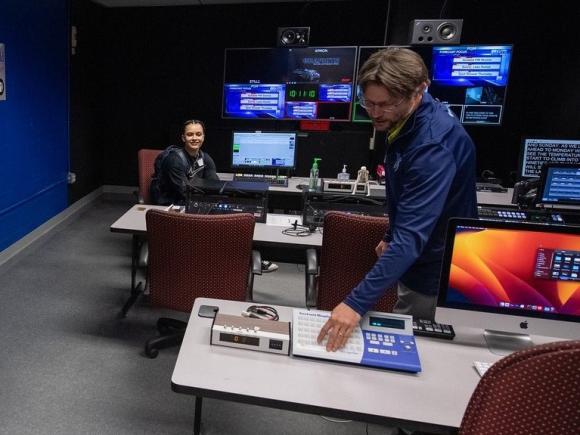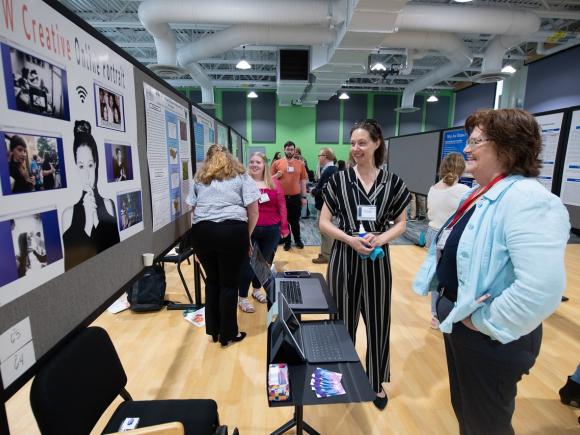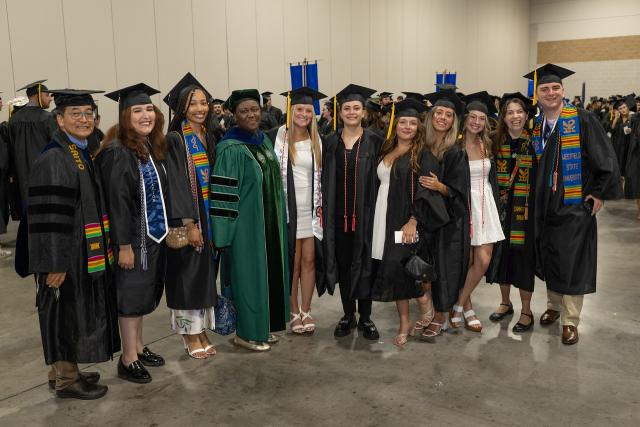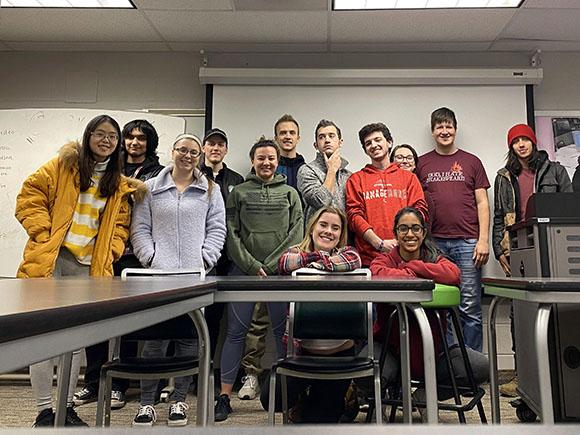
Explore the world of media with the Media Arts and Analysis concentration at Westfield State University. This program provides students with the skills to analyze, evaluate, and create media across various platforms, including video, digital media, audio, and film. Whether you’re passionate about one medium or interested in combining multiple areas, this concentration offers the flexibility to customize your studies to match your interests.
Courses within this concentration examine the structures, functions, and societal impact of media organizations. From writing and production to analyzing the social context of media, you’ll gain a comprehensive understanding of the field while developing hands-on skills in areas like video production, web design, and multimedia journalism.
With a mix of core courses, specialized electives, and expert guidance, the Media Arts and Analysis concentration prepares you for a dynamic career in the ever-evolving media landscape.










